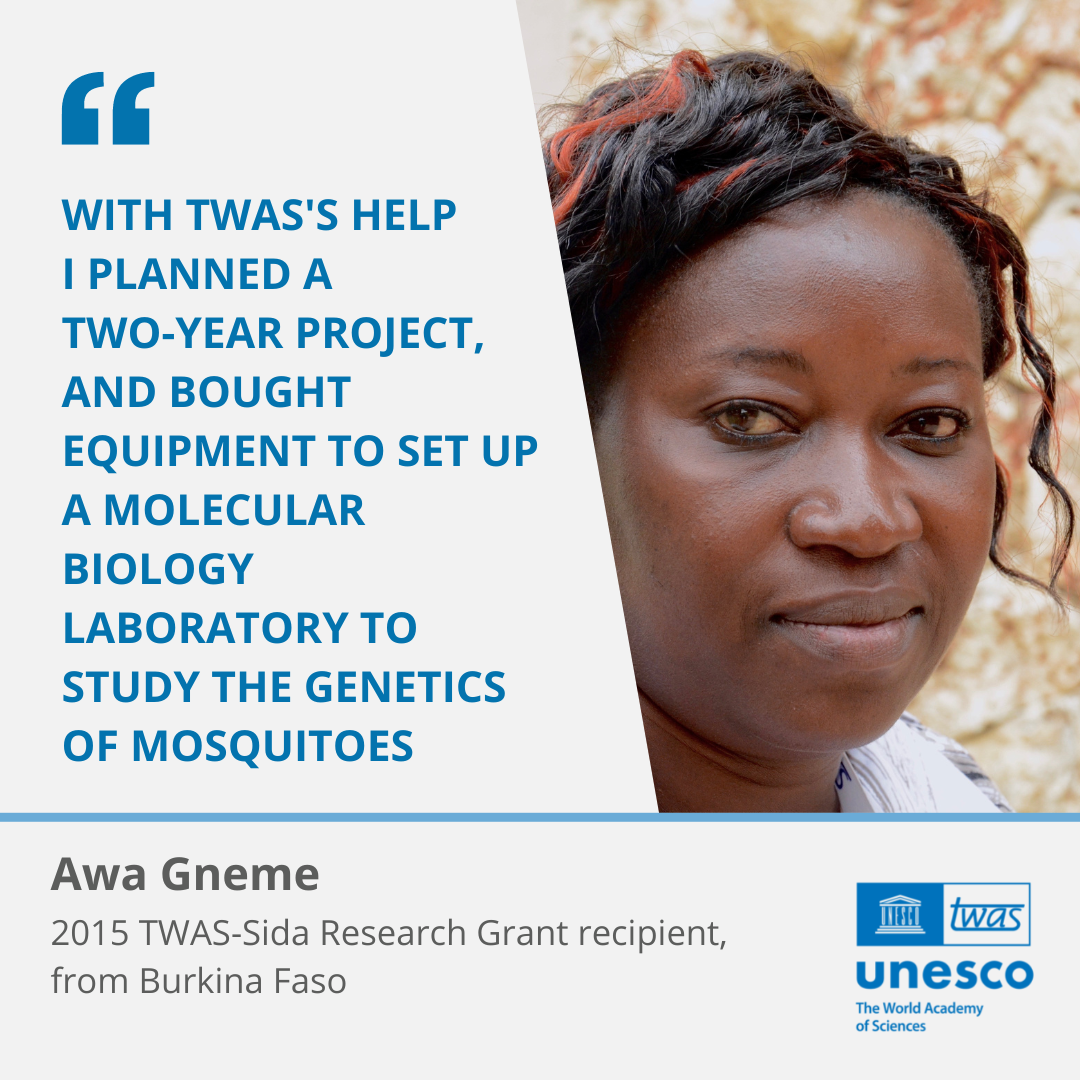
The TWAS Research Grants Programme was featured on the Italian radio network RAI-FVG on 24 January, in an episode of the scientific programme Radar that illustrated how the TWAS programme delivers vital resources to scientists in some of the world’s least developed countries (LDCs).
Launched in 1986, the Academy's programme is receiving the steadfast support of a TWAS's long-standing partner, the Swedish International Development Cooperation Agency (Sida), since 1991, as TWAS Programme Coordinator Max Paoli said to Davide Montesarchio who ran the interview. To listen to or download the episode, click on the 24 January instalment (min. 1:00:02).
Radar is a weekly radio magazine that showcases the institutes of The Scientific and Innovation System of Friuli Venezia Giulia (SIS-FVG). This includes Trieste-based TWAS and other parts of the United Nations system.
During the interview, Paoli explained how TWAS uses rigorous criteria to select strong scientists from developing countries where the need is great f or stronger research infrastructure. These scientists receive fellowships, research grants and awards, which act as a career-booster and motivate them further.
or stronger research infrastructure. These scientists receive fellowships, research grants and awards, which act as a career-booster and motivate them further.
"The Research Grants Programme is the longest standing capacity building programme at TWAS, and was launched because TWAS had the inspired vision of supporting the basic sciences, i.e. biology, chemistry, mathematics and physics," said Paoli. "At the beginning, the programme offered just one scheme, which focused on individual scientists to purchase laboratory equipment and consumable supplies. Thanks to the support offered by Sida, the programme evolved and today it offers four articulated schemes including grants for groups, collaborations and maintenance."
Paoli praised the key support that Sida has been granting for more than three decades, which turned this programme into a pillar of TWAS's activities.
In the radio interview, Paoli also highlighted the impact of another successful TWAS's scheme, the South-South Fellowships PhD and postdoctoral research fellowship programme, which provides opportunities for higher education to young scientists who move for short periods to developing countries with emerging economies, such as Argentina, Brazil, China and India.
In these countries, TWAS is partnering with centres of excellence offering high-level infrastructures. At these centres, the younger scientists learn new techniques and develop skills before returning home. Both the hosting country and the country of origin of the scientist benefit from this international collaboration: long-term partnerships are formed and scientific knowledge grows.
One of the South-South schemes—the TWAS-Sida PhD Scholarships for Climate Research for Students from LDCs—is, again, a Sida-funded programme: candidates from LDCs follow a competitive PhD training programme under the supervision of high-level climate experts, building expertise to face the climate change challenges that affect their communities.
In 2022, Sida's generous donations have provided for two new categories of TWAS Research Grants: the Collaborative Grants and the Maintenance Grants. The Collaborative Grants are awarded to high-level scientists for interdisciplinary research projects and support a collaborative project jointly carried out by two principal investigators in the 66 science and technology-lagging countries (STLCs) identified by TWAS. The Maintenance Grants are awarded to past grantees who purchased equipment through the grant in one of the STLCs.
Cristina Serra

